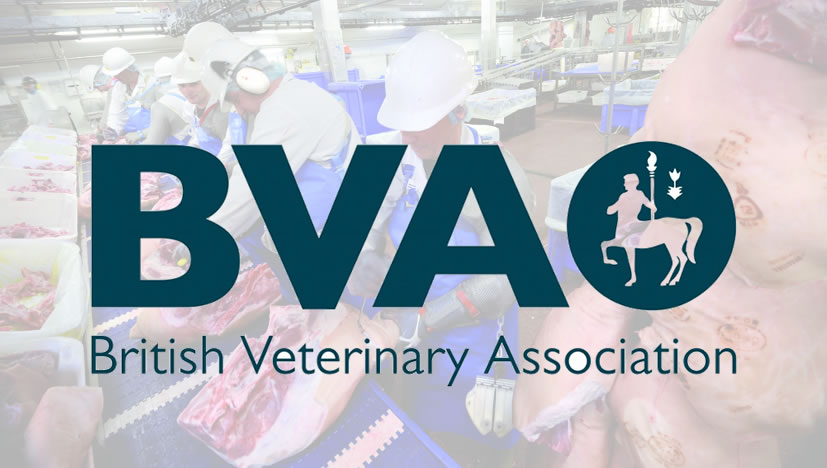The British Veterinary Association (BVA) has delivered a blueprint for the smooth transition of the international trade of live animals and animal products, following Brexit.
To ensure the simplification, efficiency and success of trade between Great Britain and the EU Single Market, the BVA has made suggestions for a number of key areas: making better use of the veterinary workforce capacity, exploring a greater support role for allied professionals working alongside vets, and fast-tracking the digitisation of certification processes.
The BVA has come to these conclusions based on explorations following their 2017 ‘Brexit and the Veterinary Profession’ report. Since then they have engaged with farmers, governments and the food industry to come to insightful resolutions on the issues surrounding GB-EU trade, post-Brexit.
The BVA recognise that vets have an integral role to play in certifying animals and animal products for trade – to maintain high animal welfare and health standards in the UK market.
However, previous BVA warnings, that a soaring demand for export health certificates and existing capacity shortfalls, could still create major issues for vets. As such, the BVA is calling on the Government to collaborate with stakeholders on a strategy that ensures the UK will have the necessary veterinary capacity to facilitate both international trade and other essential work.
With that, it is also recommended that vets and businesses are given clear guidance to support a move to digital processes, as this will ease additional pressures on an already overstretched workforce.
The BVA also presses the need for strong collaboration between the UK and EU to drive efficiencies and positive outcomes. It recommends that the UK Government engage vets, farmers and processors in identifying opportunities to simplify trade requirements, and that under the framework of the Trade and Cooperation Agreement (TCA) the UK and EU build on what works well.
Nevertheless, there is now opportunity for Great Britain to set its own imports regime, tailored to the country’s specific biosecurity needs, harnessing new technology and making the most of veterinary and allied professional capacity. The BVA also previously warned that delaying or cancelling the introduction of import checks could ‘wreak havoc’ on disease prevention and weaken a vital layer of protection for animal and human health in the UK.
Justine Shotton, BVA president, said: “In launching our position today we’re bringing together the collective wisdom of many people working within and alongside the veterinary profession to keep trade running smoothly and to high health, welfare and safety standards.”
“We want to see the UK and EU working together closely to grasp the opportunities ahead, as well as acknowledging and ironing out some of the considerable issues we face in terms of capacity and making the most of existing resource.”
“The UK Government is making some welcome steps in the right direction to maximise resource and make systems more efficient, including introducing a certification support officer role and putting digitisation high on the agenda. Going forward into what is new and uncharted territory, it’s vital that they continue to engage closely with vets, who are so central to the process and our future success on the global stage.”




